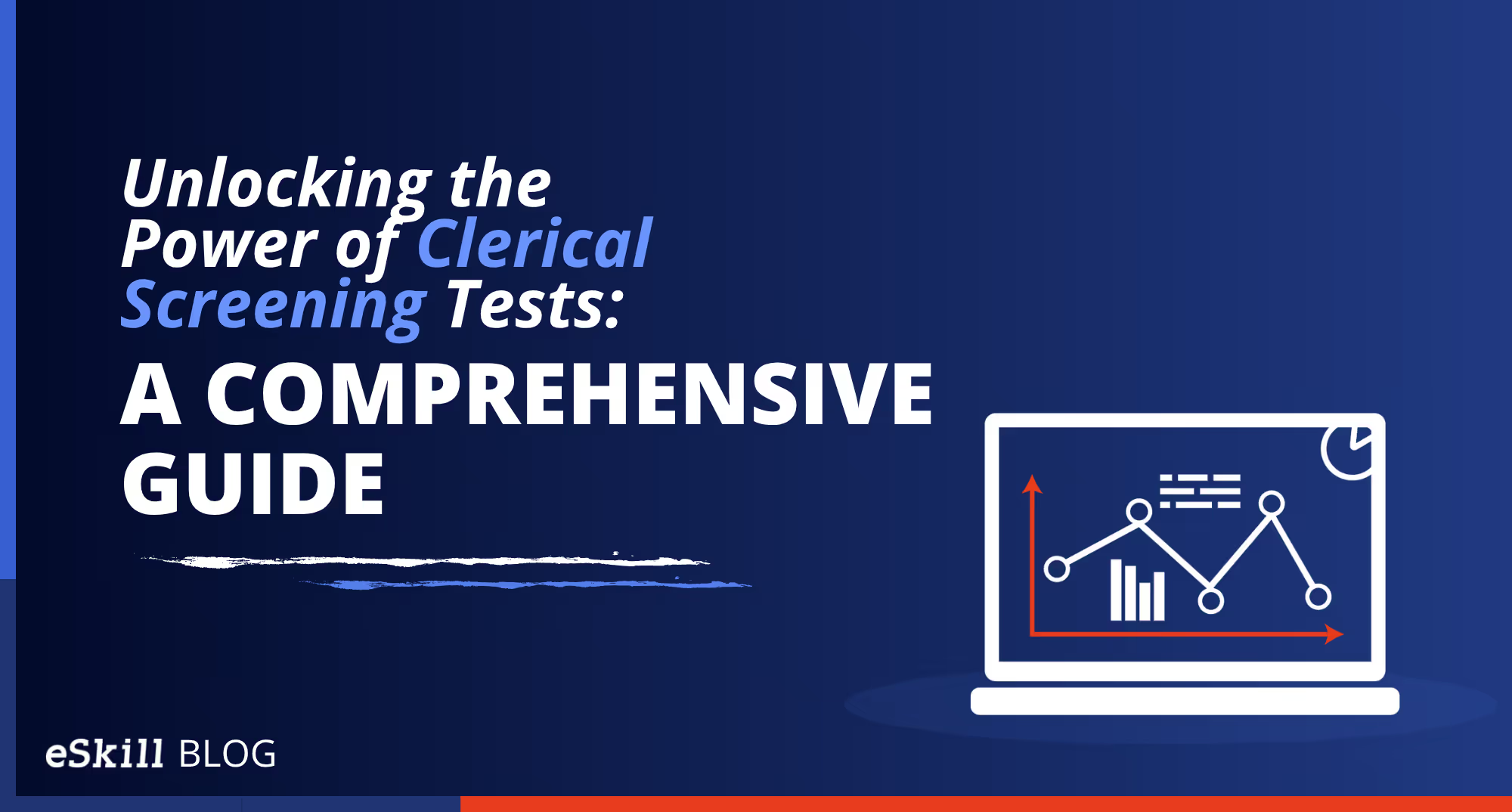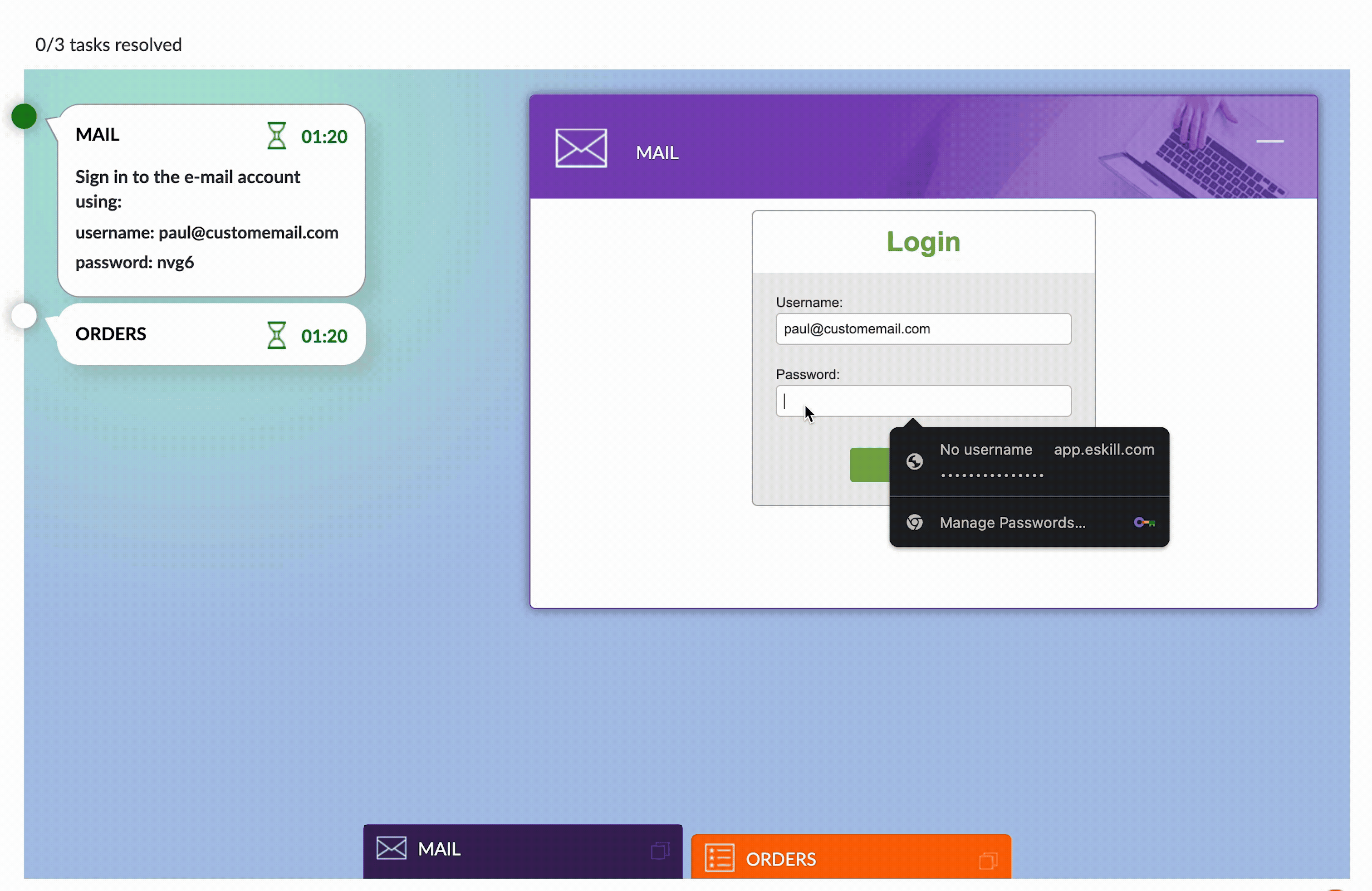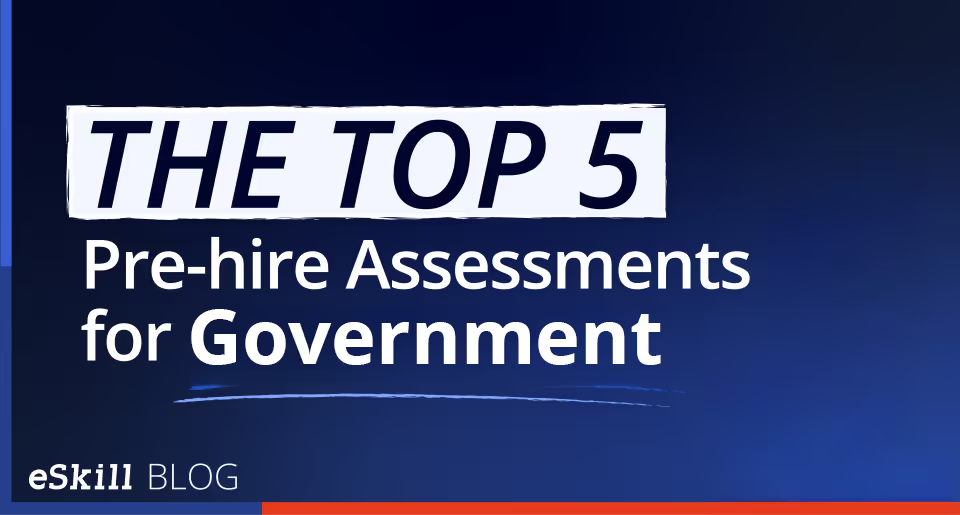Some business leaders discount the importance of clerical employees, but they shouldn’t because clerical employees are essential for smooth operations, and everyone across the organization relies on them in some way. They are the ones everyone counts on to get things done because they know what to do or who to call.
Hospitals, law firms, financial services companies, educational institutions, and manufacturing facilities employ clerical staff, who perform a wide range of duties, such as creating sales and purchase orders, ordering supplies, conducting research, compiling reports, managing appointment calendars, scheduling meetings, and working with customers and stakeholders.
Clerical employees wear a lot of hats, so they need to be proficient in a variety of areas. For example, they work with employees, customers, and external stakeholders face-to-face, via phone, and email, which means they need to have excellent verbal and written communication skills.
They work on projects for managers, clients, staff, and vendors, so they need to be organized and have excellent time management abilities. They must prioritize tasks while handling a busy workload and remain flexible in case other matters need immediate attention. Computer proficiency is critical for clerical employees. Most companies require strong MS Office®skills and need clerical staff to be able to learn other computer applications quickly.
Organizations worldwide have implemented pre-employment assessment solutions and use clerical skills assessment tests to evaluate applicants’ computer, organizational, and time management abilities and verify that they can learn new software applications.
What is a Clerical Skills Assessment Test?
When prospects ask us, “What is a clerical screening test?” we tell them that clerical skills assessment tests show hiring teams how well applicants can perform administrative tasks and office work. We show them how HR managers use them to screen applicants for clerical jobs, from executive and administrative assistants to data entry operators. When they review the results, they can evaluate applicants’ computer proficiency and organizational and time management abilities and determine whether they can learn and use new software applications.
Many clients wonder why someone might be given a clerical skills test and ask us, “How do clerical skills tests improve hiring outcomes?” Clerical skills tests enable HR teams to instantly identify candidates with the required skills and experience and eliminate those who are unqualified.
They help employers improve hiring outcomes by taking the guesswork out of hiring. Hiring teams make decisions based on hard data instead of relying on gut feelings and information from resumes and interviews, which might be unreliable.
What Are the Benefits of Using Standardized Clerical Skills Assessments?
Organizations worldwide have implemented industry-leading assessment solutions because they can identify promising candidates, reduce hiring costs, decrease time-to-hire, and minimize recruiting bias.
- Identify Promising Candidates: The biggest benefit clerical skills assessment tests offer is helping hiring teams identify top candidates who have proven they can do a job. For example, if you are hiring an administrative assistant, you can build a clerical skills test tailored to the job using questions from skills tests such as eSkill’s Administrative Assistant, MS Office, Attention to Detail, and Time Management tests. When you review test scores, you can easily spot the best candidates.
- Reduce Hiring Costs: Implementing an assessment solution is an investment, but it pays off in the long run. Most companies receive hundreds, or possibly thousands, of responses for a single job posting. Reviewing them manually is inefficient and not a good use of your time. Clerical skills tests allow you to screen applicants at a glance instead of spending countless hours poring over resumes.
- Decrease Time-to-Hire: As most hiring managers will attest, recruiting qualified candidates has become much more challenging during the past few years. This means you are competing with peer companies for the best employees. Clerical skills assessment tests allow you to expedite your hiring and remain engaged with top contenders. This helps you keep them interested instead of losing them because they’re tired of waiting.
- Minimize Recruiting Bias: Companies strive to minimize recruiting bias because it helps improve quality of hire and avoid legal problems. Clerical skills tests help companies minimize bias because all candidates complete the same test and answer the questions in the same order, and responses are graded using the same criteria. Hiring team members have no contact with candidates, so they can evaluate them objectively without regard to name, race, religion, location, and other factors that have no bearing on an applicant’s qualifications and abilities.
What Abilities Do Clerical Skills Assessment Tests Measure?
To thoroughly assess clerical job applicants, you must evaluate their proficiency with commonly used computer applications, such as MS Word, Excel, and PowerPoint, and their ability to learn other software applications. They should also have good organizational, communication, and time management skills. These are attributes clerical skills tests typically evaluate:
- Organizational Skills: Applicants should be able to break down large projects into small, achievable tasks and prioritize them. They must also be able to organize and manage data, create and maintain inventories, and manage executives’ calendars and schedules.
- Communication: Applicants should be excellent communicators who can collaborate effectively with colleagues, managers, and customers. If they support senior executives, they should feel comfortable discussing confidential and sensitive information, working with employees at all levels, and communicating with customers, suppliers, and external stakeholders.
- Time management: Top candidates should demonstrate that they can organize projects, prioritize tasks, create to-do lists, and meet critical deadlines.
- Computer Proficiency: Applicants must show they are comfortable using popular computer applications to create documents, spreadsheets, and presentations.
- Software use: Candidates must demonstrate proficiency with other software applications such as G Suite (Google Docs, Sheets, Slides), Email, Video Conferencing applications (Zoom, GoogleMeet, WebEx), and calendar scheduling tools (Outlook, Google Calendar).
What Clerical Skills Should Be Tested for Different Office Roles?
When clients ask us which clerical skills they should test for different office roles, we explain that it depends on the job requirements and their needs. Since every organization is different, a job at Company A could have requirements entirely different from the same job at Company B.
Leading assessment solutions provide access to a library with hundreds of validated skills tests. Many solutions require you to use clerical skills tests as-is. However, some industry leaders allow clients to build customized skills assessments. When HR professionals ask us what features they should look for in a quality clerical skills test, we tell them a solution that offers this flexibility is essential because they need the ability to create assessments that perfectly match job requirements.
Top assessments allow you to choose a pre-prepared clerical skills assessment test, add or remove questions as required, and set the difficulty level for each question. If you prefer, you can build your own assessments by selecting questions from multiple skills tests and adding proprietary content.
For example, if you are the HR manager for a hospital and are hiring a medical administrative specialist, you can create an assessment with questions from the eSkill Medical Assistant, Medical Typing, and Medical Terminology assessments and add proprietary questions. Most clerical jobs require computer proficiency and over 99% of businesses worldwide use Microsoft Office, so you should include questions from MS Office questions.
Which Industries Benefit from Using Clerical Skills Assessment Tests?
Organizations in virtually every industry use clerical skills tests to screen, evaluate, and hire top applicants. These are some examples of companies that streamlined their hiring processes, decreased time-to-hire, and reduced turnover when they implemented an assessment solution:
- Avon, the makeup and beauty products distributor, reduced time-to-hire by 50% when it began creating customized clerical skills assessment tests to hire clerks and fill other job roles.
- A professional development company reduced employee turnover by 45% when it began using assessments such as clerical skills assessment tests to screen applicants and make hiring decisions.
- An employment agency that places executive assistants with CEOs and C-level executives at companies like Intuit, Indeed, Chime, Mozilla, and Teach for America reduced time-to-hire by 40–50% when it began using clerical skills tests to identify applicants’ skill gaps. This helped them provide employees with the tools and training they needed to be successful.
- Chemonics, a multinational environmental consulting and solution development company, reduced time-to-hire after implementing clerical skills assessment tests. It also reduced turnover by 43%.
- Houdini, Incorporated sells gift baskets to warehouse clubs, mass merchandisers, and liquor and specialty stores. When it implemented a leading assessment solution, it used clerical skills tests to select 30 top candidates for seasonal work from a pool of 458 candidates.
- Conservice, which provides utility management and billing services, used a homegrown skills testing solution that required assessments to be administered in person and tests to be given separately. The HR team implemented a new assessment solution and can now create custom clerical skills assessment tests for each job. It previously took 20 days to fill a position, and now takes 15 days–a 25% decrease in time-to-hire.
How Clerical Skills Assessment Tests Improve Hiring
Many HR leaders wonder if implementing clerical skills tests will improve hiring outcomes. The following example shows how they could have helped a company avoid an expensive hiring mistake.
A regional residential and commercial property management company with offices throughout the West and Southwest U.S. needed an administrative assistant to support two senior vice presidents. Heath, the HR manager, posted the job and began reviewing resumes and applications. The company did not use an assessment solution. Applicants were only required to take a typing test and were graded on speed and accuracy. So, he conducted the process manually and scheduled phone interviews with several promising candidates.
When Hank and Carey, the two senior vice presidents, completed their interviews, Grace stood out as the top candidate. She could type fast and accurately, and according to her resume, she had excellent phone and customer service skills and experience working with senior executives. Heath offered her the job, and she accepted. Then, problems began to surface.
Managers at the company’s regional offices received weekly reports every Friday that provided essential information they needed to plan their work for the following week. One of Grace’s jobs was to compile the required information, enter it on spreadsheets, and send the reports by overnight courier on Thursday, so they arrived in the regional offices on Friday morning.
Grace had advanced enough typing skills to complete the reports quickly and accurately. She also got along well with Hank and Carey and developed a good rapport with the managers at the regional offices. However, she was not good at multitasking and lacked the organizational and time management skills required to organize the reports and send them on time.
She missed the courier pickup deadline on Thursday afternoon several times, and the managers received their reports late. She tried to rush the process so she could send the reports on time, but this caused her to make critical errors.
She sent the reports on time, but many went to the wrong addresses. The next morning, several regional managers called the head office in a panic because they had not received their report, received another office’s report, or received their report and another office’s report.
Nikki, the office manager, had to stop working on a critical project and call each regional office to find out which ones were missing reports or received the wrong ones. Then she made new copies and sent them priority overnight for Saturday delivery.
Good organizational, time management and multi-tasking skills were essential to do the job well, but these were not Grace’s strong points. If this company had used an assessment solution, Heath could have created a clerical skills assessment test that included questions to evaluate the applicants’ skills in these areas.
The results would have shown that Grace was not a good fit for the job. Although she had excellent typing and customer service skills, she lacked other essential skills to do the job well.
Get Started with Clerical Skills Assessment Tests
HR leaders know that testing clerical skills provides the measurable data they need to evaluate applicants’ skills accurately and fairly.
Do you want to learn how clerical skills tests help you recruit top candidates and improve hiring outcomes? Contact eSkill to request a demo.
Talk to sales






